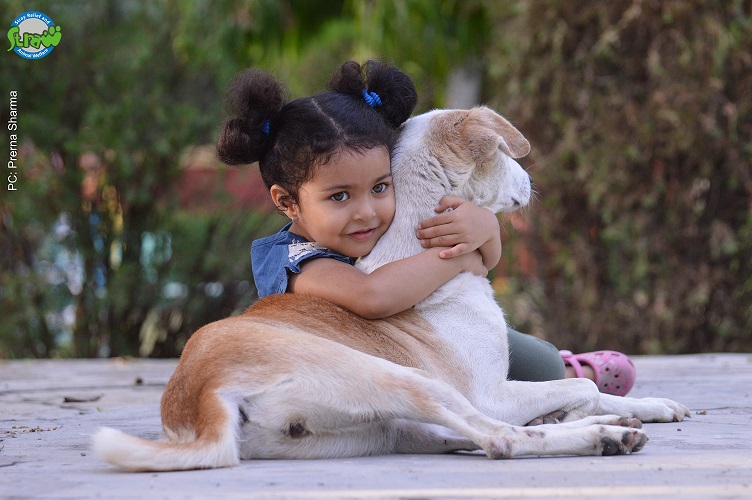“Let’s tie a string of firecrackers to this dog’s tail. It will be so much fun seeing him run around in terror!” I heard two kids in the street guffawing with delight. I stopped in my tracks in horror and gave them what I thought was a soul wrenching speech on kindness for animals, only to see them giggle and run away.
A few days later the mother of one of these kids got into a heated argument about how stray dogs should be banned from the colony because one lone old stray dog would seek shelter from the sun under a tree, near her house.
In comparison, was the house of my neighbor. Every morning I would see my neighbor take his small pet dog for a drive around the colony because “Snowy loves these drives” he says. “So, before I leave for work, I always take her for a drive.” Their dog was their second baby. Their home was a very happy one and it was always always a pleasure to meet them on my way in and out of my house. One late evening I saw their son organizing a vet to come and look up a stray dog that had got hurt and was bleeding.
 Two different homes with two different kinds of children and certainly a very different family culture. This is what made me wonder whether it was important to inculcate empathy for animals in children from a young age.
Two different homes with two different kinds of children and certainly a very different family culture. This is what made me wonder whether it was important to inculcate empathy for animals in children from a young age. 
One thing was certain - caring for animals gave children a first-hand experience of thinking less about their own needs and focusing more on the needs of others, whether human or non-human. These kids certainly were far more aware and conscious of their environment and proved to be far more caring as members of the family.
Caring for a sick dog meant that they certainly wanted to care for a sick parent and knew how to do so.
Empathy for animals helps children to understand responsibility. When they go out of their way to protect animals, they find the power in themselves to take responsibility for the home, their belongings and other family members. They have a greater sense of ‘I can do this. I’m capable.’
But most importantly, I see that children who are empathetic to animals are a happier lot. They seem to rejoice in the bond that they develop with the animal who despite not talking the same language are able to reciprocate love, affection and loyalty. Somehow their world seems a happier place. Certainly, raising children to be empathetic towards animals does them a world of good and works to the advantage of their families and society too.
So how does one go about raising empathy for animals amongst children. Here are a few steps that seem to have worked for me in raising my child that way –
- Focus on storytelling that shows the tender side of animals. Resist from making animals sound like blood thirsty dangerous creatures that need to be tamed.
- Find ways for children to interact with animals that live around you, like putting out a bowl of water for the birds on your terrace or balcony. Have a ‘squirrel restaurant’ where you leave nuts for them in a bowl.
- Encourage children to take ownership of animals around them. Give them the responsibility for playing with the family dog for 20 minutes a day or make them adopt a street dog by leaving dog friendly food for him regularly. This will help them build a bond where they will enjoy the reciprocation by the animal.
- Provide opportunity to children to champion one cause for animal welfare. Even better, do it with them as a family. Look for causes that they can relate to. For example, indiscriminate use of horses in the wedding season. Make them understand the conditions of the animal and how they can give it a voice, through art, essays, social media or just by organizing a local drive.
- As an adult, treat animals well yourself. We all know that children walk the path that parents / adults chose to walk on.
The rewards of just a few simple steps helps children develop kinder hearts and happier souls. And above all, our society and world become a better place to live in if children are raised to be empathetic and what better way to start than by learning to be empathetic to animals?
In case you wish organize a “Compassionate Classroom” at your children’s school or for the children in your colony, please send an email to [email protected]